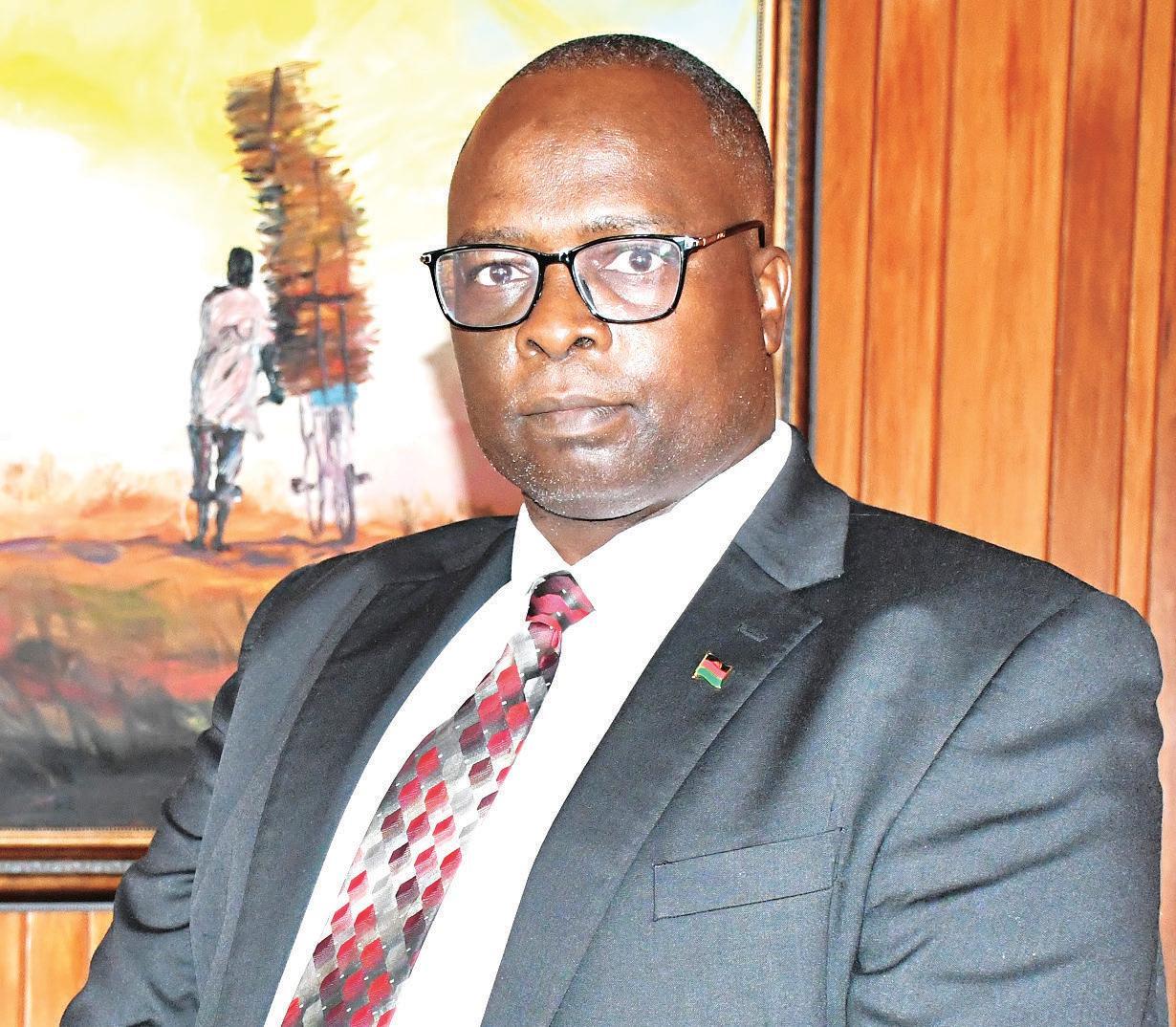Africa-Press – Malawi. Amid concerns of low access to credit by private sector players, there was a positive turn in June when the industry claimed about K200 billion credit, closing the month with a total credit stock of K1.9 trillion.
Reserve Bank of Malawi (RBM)’s monthly economic review for June shows that the annual growth rate of private sector credit accelerated to 32.7 percent in the month from 28.4 percent in May 2025 and was higher than the 28.5 percent recorded in June last year.
“On a month-on-month basis, private sector credit increased by K199.9 billion to K1.9 trillion, primarily driven by increases in commercial and industrial loans, foreign currency-denominated loans and individual loans,” the report reads.
With the central bank pushing for increased industrial investment, the development appears to support the course as K167.7 billion of the total credit increase in the month was for commercial and industrial financing.
The report observes credit growth was experienced more in the agriculture sector, which claimed K75.1 billion, while manufacturing activities had K69.1 billion.
The community, social and personal services took K46.9 billion while restaurants and hotels accessed K10.6 billion).
Other sectors with considerable credit were wholesale and retail trade (K8.9 billion), transport, storage and communications (K7.1 billion).
Meanwhile, the World Bank’s Malawi Economic Monitor projects the annual private sector credit increase to be 20.6 percent in 2025 before declining to 17 percent in 2026.
This is despite higher money supply growth projected at 38.8 percent this year before accelerating further to 55.8 percent in 2026.
The report indicates that there was low credit to mining and electricity as personal, social and community services dominated credit access as of April.
In a recent interview, central bank governor McDonald Mafuta Mwale acknowledged the flawed credit flow as one key factor that contributes to the continued economic imbalance.
He said the central bank was already working with existing development finance institutions to increase resources channeled towards new catalytic projects.
For More News And Analysis About Malawi Follow Africa-Press






